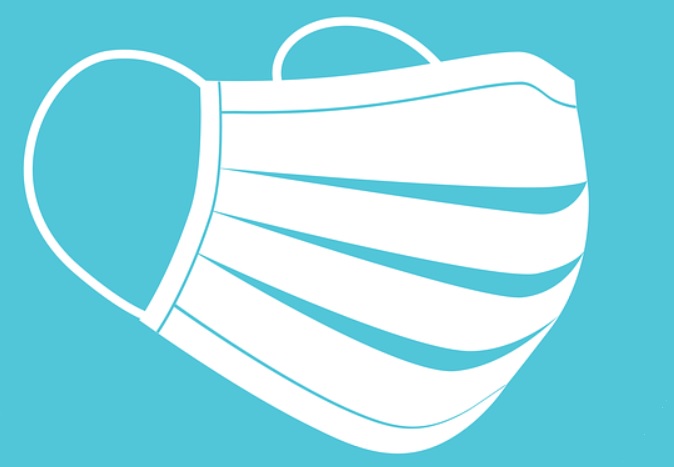
The Covid-19 outbreak could be said to be an extreme example of this, where the urgent procurement of billions of plastic face shields and other personal protective equipment (PPE) has been undertaken, without first addressing the journey’s end for used and discarded items.
As manufacturers, we have been at the centre of the debate on the ‘war on plastic’ and particularly its use within the food chain. There was a groundswell of opinion which condemned the over-use of plastic packaging in the food industry. However, the deliberation often stifled a common-sense approach to plastic usage in a modern age. Feeding the population is an essential purpose fulfilled by plastic packaging, yet we seem more forgiving of an over-use of plastic packaging in every day, perhaps not so high profile, products such as shampoo bottles and cosmetics where the plastic used has little or no recyclable credentials.
The fortune of plastic is seemingly in temporary reversal due to the unprecedented demand for PPE protection for our doctors, nurses, associated health professionals, carers, and other key workers on the Coronavirus frontline. However, images are already emerging from across the globe of PPE littering and it seems you cannot walk down a street without seeing at least one of the ubiquitous disposable blue and white face masks.
As a manufacturer of recyclable plastic packaging for food, I have a vested interest in the industry, but I also have a realistic, human view of the situation. Quite simply, we need to use less plastic and to make it as ethically sourced and recyclable as we can.
However, the aspect of the ‘war on plastics’ debate that I have struggled with, is the way in which all plastic is condemned as an ultimate pollutant of land and sea. Will we, I wonder, regard discarded face masks in the same way, if they begin to appear in the sea and threaten marine life and ecosystems?
Plastic is a woefully maligned and often misunderstood and undervalued resource. We should be using less single-use plastic but recyclable plastic it keeps the wheels of life turning, playing a vital part in sustaining human life, communities, and populations by being a necessary host, protector and store for water, food, medicine, vaccines and testing kits, to name but a few.
We need to look to ourselves to manage plastic use responsibly and consider its journeys end from the outset – namely, the pathway for recycling and re-use before global media and social media images demonstrate how we should have thought about this a lot sooner.
Kenton Robbins
Group Managing Director, PFF Group